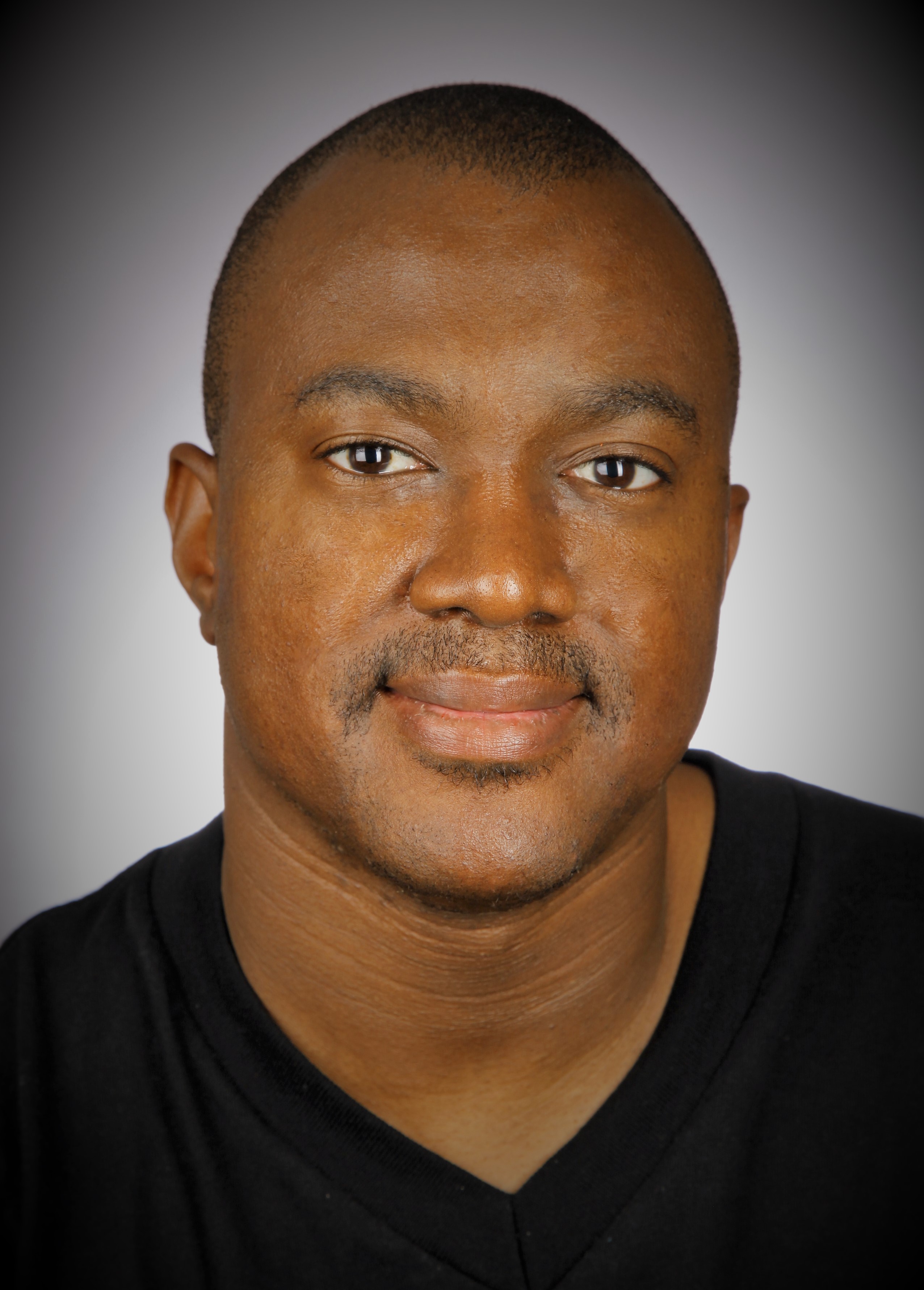by Kelsey Barritt, Writing Intern
The Theory of Everything proves that personal difficulties don’t determine a person’s impact on the world. Directed by James Marsh and written by Anthony McCarten, the movie details the real-life relationship and marriage of Stephen Hawking and Jane Wilde. Peppered with touching moments and phenomenal acting, The Theory of Everything packs all of life’s unbearable irony into a couple of hours.
 The movie really gets going when Stephen (Eddie Redmayne) and Jane (Felicity Jones) meet at a college function in the 1960’s. From the beginning, they constantly challenge and support each other. Stephen, a brilliant physics student, relies on the explainable. He searches for one single theory to explain every question of the universe, and strives to make the complex simple. Jane’s intelligence does not get in the way of her faith in God, and the supernatural, the way Stephen’s does. They have a young, hopeful love, and then Stephen is struck with ALS; he has two years to live. At this crossroad, Jane doesn’t even think twice before deciding to stay with Stephen, and become his eventual caretaker.
The movie really gets going when Stephen (Eddie Redmayne) and Jane (Felicity Jones) meet at a college function in the 1960’s. From the beginning, they constantly challenge and support each other. Stephen, a brilliant physics student, relies on the explainable. He searches for one single theory to explain every question of the universe, and strives to make the complex simple. Jane’s intelligence does not get in the way of her faith in God, and the supernatural, the way Stephen’s does. They have a young, hopeful love, and then Stephen is struck with ALS; he has two years to live. At this crossroad, Jane doesn’t even think twice before deciding to stay with Stephen, and become his eventual caretaker.Stephen defies all sorts of odds. He proves theories, then disproves them, gets married, wins countless awards, and long surpasses his two-year sentence (obviously Hawking is still alive today). The disease does not go easy on him. He loses most voluntary movement (walking, talking, swallowing, grasping, breathing, and so on) and relies heavily on those around him. Communication becomes almost impossible.
Losing so much basic functionality leads even the most logical minds to hope for something greater. Likewise, caring for a spouse’s every need, for decades, brings out the cynic in the most optimistic souls. ALS makes Stephen long for something more just enough to consider its possibility. The disease forces Jane to express verbally the horrible thoughts in the back of her mind. One event can change two individuals in completely different ways.
The beauty of the film, though, is that the audience sees so many emotional moments through tremendously subtle actions. The flawless acting does not require words much of the time. Instead, Redmayne conveys complicated emotions with a crooked smile, a sly glance, and expressive eyes. Jones reveals secret thoughts through tired eyes and a loving but frustrated demeanor.
Of course, this movie may not be for everyone. Extremely heavy, with very few happy moments, the theory of it depressing you is valid. It also gets a bit tedious at times. The film probably could have been cut about thirty minutes, while losing nothing.
These criticisms do not make the movie any less spectacular. All in all, this unique, raw, insightful look at the lives of Stephen and Jane wows audiences. The overwhelming irony of a genius unable to take care of himself is not lost on viewers as they travel through this beautiful, heart wrenching, catastrophic journey with the characters.
You may not be interested in the specific story and how it all intertwines, but you cannot deny the true emotion and wonderment the film evokes. Wonderful acting and a fantastic point of view should do The Theory of Everything very well come award season.
































Great review.
ReplyDelete